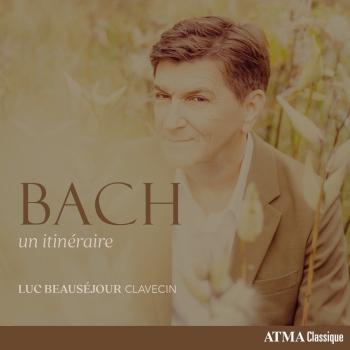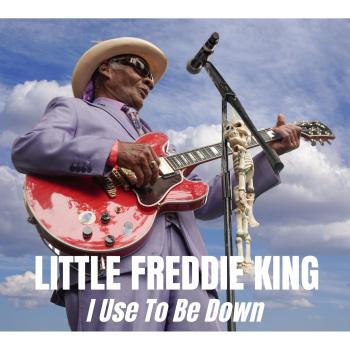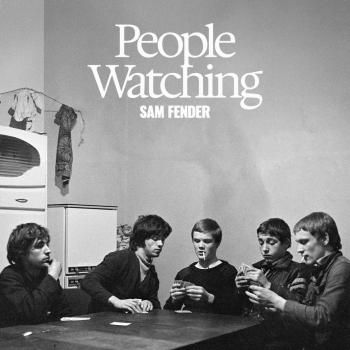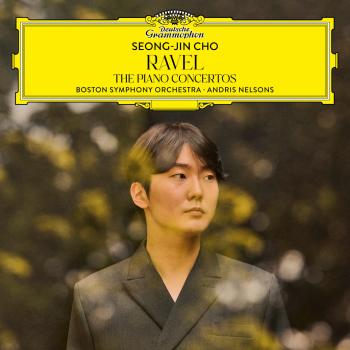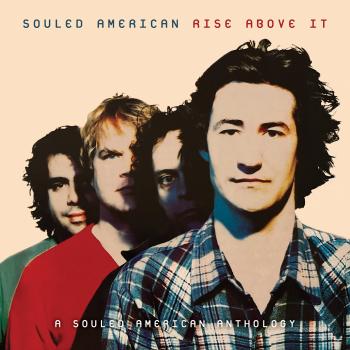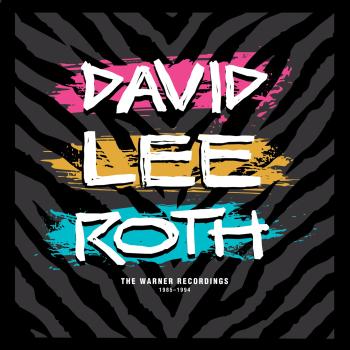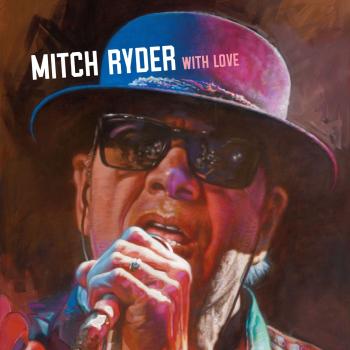
Notes from a Quiet Life Washed Out
Album info
Album-Release:
2024
HRA-Release:
28.06.2024
Album including Album cover
I`m sorry!
Dear HIGHRESAUDIO Visitor,
due to territorial constraints and also different releases dates in each country you currently can`t purchase this album. We are updating our release dates twice a week. So, please feel free to check from time-to-time, if the album is available for your country.
We suggest, that you bookmark the album and use our Short List function.
Thank you for your understanding and patience.
Yours sincerely, HIGHRESAUDIO
- 1 Waking Up 04:39
- 2 Say Goodbye 04:35
- 3 Got Your Back 04:14
- 4 The Hardest Part 04:05
- 5 A Sign 03:21
- 6 Second Sight 03:42
- 7 Running Away 03:58
- 8 Wait on You 02:56
- 9 Wondrous Life 04:03
- 10 Letting Go 04:28
Info for Notes from a Quiet Life
The music of Washed Out has always levitated over a timeless frontier. You can sense it in his immersive, amorphous vocals, the expansive soundscapes, the wistful storytelling. It’s a sweet spot where, says its creative force, Ernest Greene, “any sort of association or memory from the past can transport you instantly. I love that.”
Greene’s transcendent output has earned him the moniker of “Godfather of Chillwave” by Pitchfork and a co-sign from Portlandia, which borrowed his track, “Feel It All Around,” for its utopian theme song. His latest, Notes From a Quiet Life (out June 28, Sub Pop) arrives after delivering more than a decade of distinct and disparate creative re-imaginations at a remarkably high level (five albums, two EPs). Notes is bold in its intuitiveness: Greene has left the treadmill of music-as-a-business, instead letting his artistic interests lead the way. “Each album,” says Green, who also paints and sculpts, “is a world-building exercise.”
The Georgia native left Atlanta in 2021 to move back to the countryside he knew growing up. Where escapism once flooded his thoughts, today he is preoccupied with the universe of wonder in the reality around him. He named the former horse farm he moved to “Endymion” (after the pastoral John Keats poem about a lovesick shepherd — its opening line: “A thing of beauty is a joy for ever”), and it has shaped all that he’s created there, from his music to his albums’ creative direction to his planned large scale visual-art experiments.
“I’ve read that every five, maybe 10, years, you’re practically a different person — like literally, on a cellular level,” Greene explains. “The things that you’re going through will end up changing you, and you’re kind of a different person. This album is a reflection of that. Experimenting with painting and sculpture helps my music. They influence each other. That was a kind of realization for me. I don’t want to look back on my life one day, and be like, ’Oh, it was all about maximizing productivity,’” he says. “I want to enjoy this.
”That purity of vision is what makes Notes From a Quiet Life so potent. It’s the first album Greene wholly self-produced, with some mixing assistance from Nathan Boddy (James Blake, Mura Masa) and David Wrench (Caribou, Florence + the Machine). “Early in my career, I had a lack of technical skill, and there were some things I wasn’t 100% enthusiastic about,” he says, noting Jean-Michel Basquiat’s distinct, self-driven method as an inspiration. “Something that I was looking for was…I didn’t want any illusion of anyone else’s influences. I wanted to see this through to the end. And honestly, that was a big challenge.”
Illustrating that, Greene’s list of influences for Notes From a Quiet Life are mostly sculpture icons: minimalist legend Donald Judd, abstract expressionist Cy Twombly, and modernists Barbara Hepworth and Henry Moore. Of the latter, he observes, “The majority of his working life was spent on his country estate, and he wasn’t living a cosmopolitan lifestyle. He was focused on just making good work, you know?”
Washed Out
Washed Out
is Atlanta-based producer/songwriter/multi-instrumentalist Ernest Greene. Over the course of three uniquely enchanting, critically-lauded albums and an EP, the music he makes has proved both transportive and visual, each new effort inviting listeners into immersive, self-contained universes. With Purple Noon, his fourth album, and return to Sub Pop, he delivers the most accessible Washed Out creation to date.
Life of Leisure, the first Washed Out EP, set the bar for the Chillwave era, shimmering in a warm haze of off-the-cuff Polaroids and pre-IG filters. Within and Without, his full-length debut on Sub Pop, found Washed Out’s sound morphing into nocturnal, icy synth-pop and embraced provocative imagery. Paracosm is Greene’s take on psychedelia, with a full live band and kaleidoscopic light show, and saw him playing to the largest audiences of his career. The sample-heavy Mister Mellow delivered a 360 audio/visual experience, with cut-n-paste and hand-drawn animation to match the hip hop influences throughout the album. With each release, Greene has approached his evolving project with meticulous detail and a steadfast vision.
For Purple Noon, Greene again wrote, recorded, and produced the entirety of the album, with mixing handled by frequent collaborator Ben H. Allen (Paracosm, Within and Without). Production of the album followed a brief stint of writing for other artists (most notably with Sudan Archives on her debut Athena) which enabled Greene to explore genres like R&B and modern pop for the first time. These brighter, more robust sounds made their way into the songs of Purple Noon and mark a new chapter in Greene’s growth both as a producer and songwriter. The vocals are front and center, tempos are slower, beats bolder, and overall, a more comprehensive depth of dynamics that has yet to be heard on a Washed Out record. One can hear the luxuriousness of Sade, the sonic bombast of Phil Collins, and the lush atmosphere of the great Balearic beat classics.
The coastlines of the Mediterranean inspire Purple Noon, and Greene pays tribute to the region’s distinct island culture – with all of its rugged elegance and old-world charm – and uses it as a backdrop to tell the album’s stories of passion, love, and loss (Purple Noon’s title comes from the 1960 film directed by Rene Clement, which is based on the novel “The Talented Mister Ripley” by Patricia Highsmith). Much like the romantic Hollywood epics, the melodrama throughout is strong – a serendipitous first meeting in “Too Late”; the passionate love affair in “Paralyzed”; the disintegration of a relationship in “Time to Walk Away”; the reunion with a lost love in “Game of Chance.” Each Washed Out release has been rooted in a form of escapism, but coupled with this new layer of emotional intensity, Purple Noon takes Washed Out’s music to dazzling new heights.
This album contains no booklet.

